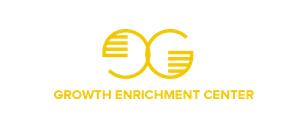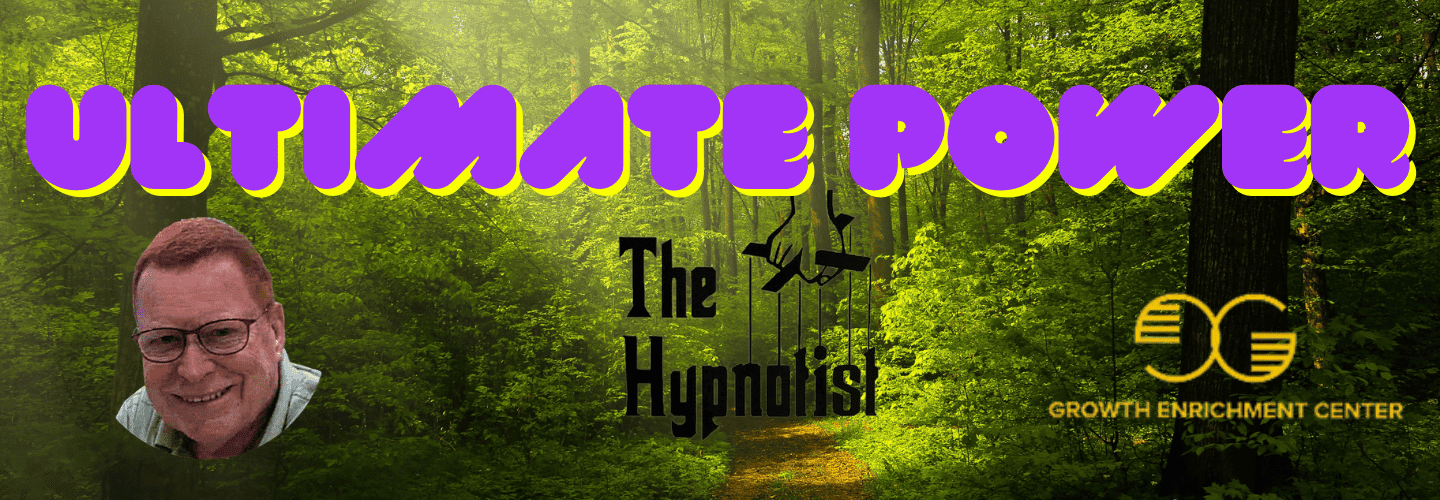
As you navigate the complex landscape of decision-making, mastering the art of overcoming confirmation bias is an essential skill worth honing. By understanding how this bias can subtly influence your choices, you pave the way for clearer, more objective decision-making processes. Imagine the possibilities that open up when you learn to challenge your assumptions and seek diverse perspectives. The journey to mastering decision-making is not just about avoiding pitfalls but also about embracing growth and seizing opportunities for personal evolution.
Understanding Confirmation Bias
To truly master decision-making, you must first come to grips with your own tendency towards confirmation bias. It's a natural inclination to seek out information that confirms our pre-existing beliefs, even if it means ignoring evidence that contradicts them. This bias can cloud your judgment and lead you astray, preventing you from making the best choices.
Recognizing this bias within yourself is the first step towards overcoming it. By acknowledging that you may have a tendency to favor information that aligns with your beliefs, you can start to challenge yourself to explore alternative viewpoints and evidence. This self-awareness is key to enhancing your decision-making skills and ensuring that you're making choices based on logic and reason rather than emotion or preconceived notions.
Embrace the opportunity to confront your confirmation bias head-on. By actively seeking out diverse perspectives, questioning your assumptions, and being open to changing your mind, you can break free from the constraints of bias and make more informed decisions. Remember, mastering decision-making is a journey, and overcoming confirmation bias is a vital step towards reaching your full potential.
Recognizing Biases in Decision-Making
Hey, you've made it to the next step in mastering decision-making!
Recognizing biases is an essential skill that can have a significant impact on your choices.
Bias Awareness Strategies
Recognizing biases in decision-making is the first step towards mastering bias awareness strategies. It's crucial to acknowledge that we all have biases that can impact our judgments.
Start by reflecting on your past decisions and be honest with yourself about any patterns or tendencies you notice. Actively challenge your assumptions and seek out different perspectives to counteract bias.
Engage in open discussions with colleagues or friends to gain fresh insights and uncover blind spots. Remember, it's okay to be wrong sometimes; what truly matters is your willingness to learn and grow from your mistakes.
Decision Impact Assessment
As you reflect on your past decisions, consider the impact of biases on your thought process when evaluating the outcomes of your choices. Recognizing biases is vital in appraising the true impact of your decisions.
Biases can distort how you perceive the results, leading you to overlook crucial information or misinterpret the consequences. By acknowledging these biases, you can gain a clearer understanding of the actual outcomes and learn from your experiences more effectively.
Take a moment to step back and analyze your decisions objectively, considering how biases may have influenced your judgment. This awareness empowers you to make more informed choices in the future, free from the constraints of preconceived notions.
Embrace this opportunity for growth and sharpen your decision-making skills.
Overcoming Cognitive Dissonance

To overcome cognitive dissonance, confronting conflicting beliefs head-on with an open mind and a willingness to reassess your perspectives is essential. It's natural to feel uncomfortable when faced with contradictory thoughts or beliefs, but this discomfort can be a sign of growth and progress. Embrace this discomfort as an opportunity to explore further into your beliefs and values, allowing yourself the chance to evolve and refine your understanding of the world.
When you encounter cognitive dissonance, resist the urge to ignore or dismiss it. Instead, lean into the discomfort and investigate the root of these conflicting beliefs. Ask yourself why these contradictions exist and what they reveal about your underlying assumptions. By acknowledging and addressing cognitive dissonance, you pave the way for personal growth and greater clarity in your decision-making process.
Implementing Decision-Making Tools
Ready to elevate your decision-making game?
Let's explore practical tools like the Decision Matrix Technique to help you make informed choices confidently.
These tools will streamline your analysis process and empower you to tackle complex decisions with clarity and precision.
Get ready to harness these strategies and take your decision-making skills to the next level!
Tools for Analysis
Explore various decision-making tools to enhance your analytical capabilities and make well-informed choices. Utilizing tools such as SWOT analysis, brainstorming, or decision trees can provide structure and clarity to complex situations.
SWOT analysis helps you identify strengths, weaknesses, opportunities, and threats, offering a thorough view of the decision at hand. Brainstorming fosters creativity and generates multiple alternatives for consideration. Decision trees visually map out different outcomes and their probabilities, aiding in risk assessment.
Decision Matrix Technique
Navigate your decision-making journey with confidence by incorporating the Decision Matrix Technique, a powerful tool to streamline your analysis and guide you towards best choices.
This technique involves creating a matrix with your options as rows and important factors as columns. Assign weights to each factor based on its significance, then evaluate each option against these factors. By calculating the weighted scores, you can objectively compare different choices and identify the one that aligns best with your goals.
The Decision Matrix Technique encourages you to contemplate both quantitative and qualitative aspects, helping you make informed decisions that aren't solely based on gut feelings.
Embrace this structured approach to decision-making, and empower yourself to make sound choices with clarity and purpose.
Developing Critical Thinking Skills

In developing critical thinking skills, you must continuously challenge assumptions and seek out diverse perspectives to enhance decision-making abilities. It's essential to embrace a mindset that values curiosity and exploration. Here are some tips to help you on your journey:
- Embrace discomfort: Stepping out of your comfort zone can lead to valuable insights and growth.
- Question everything: Don't take things at face value; dig deeper to uncover hidden truths.
- Listen actively: Truly listening to others can broaden your understanding and reveal new angles to explore.
- Practice reflection: Take time to reflect on your thoughts and decisions to learn from both successes and failures.
Cultivating a Growth Mindset
To foster a growth mindset, embrace challenges as opportunities for learning and development. When faced with difficulties, view them as chances to expand your skills and knowledge. Instead of shying away from obstacles, confront them head-on with a positive attitude. Remember, growth occurs outside of your comfort zone. By pushing yourself beyond what's familiar, you open doors to new possibilities and personal growth.
Cultivating a growth mindset involves believing in your ability to improve through effort and perseverance. Embrace the power of 'yet' – recognizing that you may not have mastered something, yet with dedication and practice, you can achieve your goals. Celebrate small victories along the way, understanding that progress is a journey with ups and downs.
Stay open to feedback and constructive criticism, as they provide valuable insights for growth. Embrace challenges with resilience and determination, knowing that each hurdle is a stepping stone towards your personal and professional development. By fostering a growth mindset, you empower yourself to navigate obstacles with courage and optimism, leading to continuous learning and success.
Frequently Asked Questions
How Does Emotional Intelligence Affect Confirmation Bias?
When evaluating how emotional intelligence impacts confirmation bias, remember that being in tune with your feelings can help you recognize biases. By understanding your emotions, you can make more balanced decisions and navigate biases effectively.
Can Cultural Differences Influence Cognitive Dissonance?
Cultural differences impact cognitive dissonance. Did you know studies show individuals from collectivist cultures tend to experience less dissonance compared to those from individualistic cultures? Understanding this can lead to more inclusive decision-making processes.
What Role Does Intuition Play in Decision-Making Tools?
Intuition is your silent guide in decision-making, offering insights beyond logic. Trust it alongside tools for a holistic approach. Embrace intuition as a valuable asset, enhancing your choices with its unique perspective.
How Can Mindfulness Practices Enhance Critical Thinking Skills?
To truly enhance your critical thinking skills through mindfulness, start by embracing the power of presence. Engage fully in each moment, sharpen your awareness, and cultivate a deep understanding of your thoughts and emotions.
Is There a Connection Between Growth Mindset and Risk-Taking Behavior?
When you embrace a growth mindset, you're more likely to take risks. Seeing challenges as opportunities for growth can fuel your courage to step into the unknown. Believe in your ability to learn and evolve.
Conclusion
You have the power to master decision-making by acknowledging and confronting confirmation bias. By recognizing biases, challenging assumptions, and seeking diverse viewpoints, you can enhance your critical thinking skills and make more informed choices.
Embrace cognitive dissonance as a tool for growth and continue to develop your decision-making abilities. With a growth mindset and a commitment to self-improvement, you can overcome confirmation bias and achieve better outcomes in all aspects of your life.

